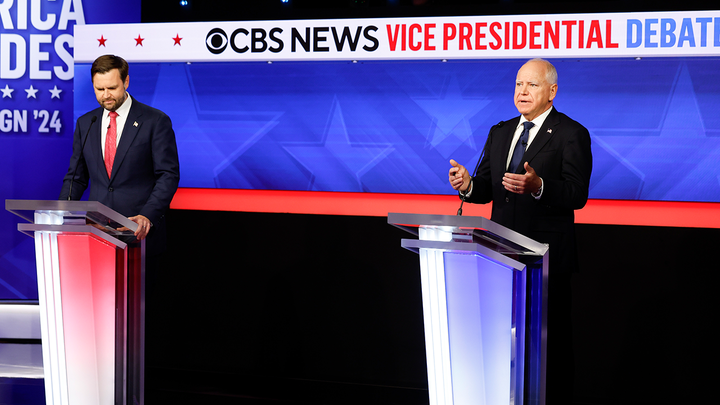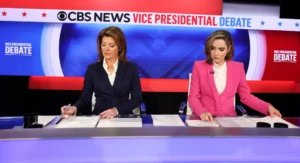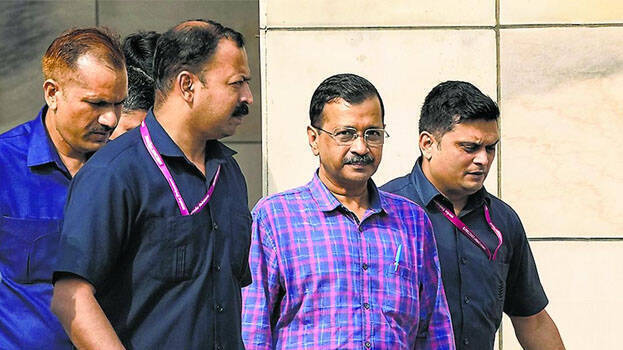Political debate moderator interventions: 5 Key Takeaways from the Voter Panel’s Mixed Reactions to the Debate’s Controversial Moments

Political debate moderator interventions
Elector Board Responses to Political Discussion Pressures: A More Intensive Look
Political discussions are in many cases a basic piece of the electing system, furnishing electors with experiences into competitors’ strategies, characters, and how they handle pressure. Notwithstanding, these occasions can likewise ignite huge debate, particularly when mediators intercede, prompting conflicts among competitors and the board. As of late, an elector board responded to one such warmed banter, zeroing in on the elements among competitors and mediators, including snapshots of mic shorts and difficulties to reality checking.
Strains in front of an audience: Competitors versus Mediators
In this specific discussion, strains heightened when competitors went up against arbitrators during basic trades. For example, a second emerged when a competitor’s mouthpiece was removed subsequent to surpassing the designated time. This mediation ignited a quick reaction, as watchers noticed the expected effect on citizen discernment. Such activities bring up issues about the reasonableness and fair-mindedness of arbitrators, who are entrusted with guaranteeing that discussions run as expected while permitting contenders to communicate their perspectives.
Up-and-comers frequently contend that being removed mid-sentence ruins their capacity to pass on significant messages. Elector specialists communicated disappointment over this, recommending that it subverts the popularity-based process by restricting the competitors’ chances to explain their positions and draw in with issues that make a difference to citizens. The view of a “gotcha” second for mediators can prompt further polarization among citizens, with a few favoring the up-and-comers and others supporting the arbitrators’ position to keep up with control.
Truth Actually taking a look at Progressively
One more combative part of the discussion was the constant truth-checking led by mediators. Up-and-comers frequently tested the legitimacy of these reality checks, affirming that they were being distorted. In the elector board conversations following the discussion, members thought about what these trades meant for how they might interpret the up-and-comers. Many noticed that forceful rejoinders to truth checks can flag an up-and-comer’s certainty and eagerness to participate in extreme discussions, while others felt that it degraded the general message.
The elector board featured the significance of straightforwardness as a matter of fact-checking, contending that mediators ought to give setting instead of just hindering competitors. This could prompt more educated electors who comprehend the subtleties regarding competitors’ assertions instead of making fast decisions in view of audio clips. Also, watchers communicated worry about the potential for predisposition as a matter of fact-checking, underscoring the requirement for mediators to move toward these circumstances with impartiality.
The Job of Citizen Boards in Molding Assessments
Citizen boards act as a microcosm of the electorate, reflecting different viewpoints and concerns. Following the discussion, specialists shared their contemplations on what the applicants’ communications with mediators meant for their insights. A few members felt that the forceful trades exhibited competitors’ enthusiasm and obligation to their foundation, while others saw them as amateurish and negative to their believability.
The conversations uncovered a more extensive pattern in political talk, where the concentration frequently moves from strategy to character. Elector specialists perceived that while moxy and banter execution is fundamental, citizens eventually need to figure out applicants’ situations on main points of interest. Accordingly, the job of mediators turns out to be considerably more vital in working with these discussions, guaranteeing that they stay zeroed in on meaningful arrangement conversations.
End
The new discussion featured the intricacies of the appointive cycle, exhibiting the multifaceted dance between up-and-comers, arbitrators, and citizens. As political discussions keep on developing, the communications among competitors and mediators will stay a point of convergence for citizen commitment and insight. Citizen boards assume a crucial part in deciphering these elements, giving significant experiences into how discussions impact general assessment.
Pushing ahead, the illustrations gained from this discussion highlight the requirement for clear correspondence, fair control, and accentuation on considerable issues that reverberate with electors. As the electing scene turns out to be progressively spellbound, encouraging sound exchange among up-and-comers and their crowds will be fundamental for a flourishing majority rules government.
Source: Fox News








